curator's noteThis week our writers return to MUBIVIEWS with the classic American vigilante film TAXI DRIVER (Martin Scorsese 1976). As a regular favourite on lists of the greatest film of all time, what will our writers make of this critically acclaimed Neo-noir? "WHAT IS YOUR NAME?"SUMMER MANNINGIn TAXI DRIVER (Martin Scorsese 1976), we get a glimpse into Travis Bickle’s (Robert De Niro) relationship with women from an important interaction at a cinema concession stand. The attendant, De Niro’s then-girlfriend Diahnne Abbott, is credited as "Concession Girl", a name that suggests she is a child, lacking autonomy. She is hunched over reading a magazine when he approaches her and rarely meets his eye during their conversation. He repeatedly asks for her name and slowly leans into her, only backing away when she calls for her manager. Travis continually ignores her demonstrations through body language that his advances have made her uncomfortable until this moment. Travis later demonstrates an apparent lack of boundaries once again when he asks the object of his obsession Betsy (Cybill Shepherd) on a date, even echoing his earlier personal space breaching as he leans dominantly on her desk. He delivers a speech about how she is lonely, admitting that he has been watching her from afar. He seems to be completely unaware that his behaviour is inappropriate and that she has only accepted his invitation to go on a date out of fear of him. His persistent pursuit of her continues even when she leaves the porn theatre he has taken her to on the date and refuses to answer his numerous phone calls afterwards. Whether Scorsese believes that the way Travis treats women is a flaw or strength of character is somewhat ambiguous. While Travis is introduced and given a backstory, the woman at the concession stand is given no context and so the audience may be inclined to sympathise with the more familiar Travis. His relationship with the women he is attracted to is dysfunctional. He assumes that he is entitled to their time and romantic interest but he only ever makes them feel uneasy. Every day this week a different writer will provide their perspective on our MUBIVIEWS film and each post will be open to comments from our readers. Watch TAXI DRIVER on mubi.com until 4 July 2017 and join the discussion!
0 Comments
curator's noteThis week our writers return to MUBIVIEWS with the classic American vigilante film TAXI DRIVER (Martin Scorsese 1976). As a regular favourite on lists of the greatest film of all time, what will our writers make of this critically acclaimed Neo-noir. TAXI FOR ONEMatthew WearsLoneliness is a theme that can be extremely difficult to portray on the silver screen as it often relies entirely on both the actors performance and the space given to them by the camera to allow an audience to fully understand a character’s feelings. Director Martin Scorcese explores this masterfully and extensively in his 1976 neon-laced noir, TAXI DRIVER, a film where cinematography plays an enormous role in creating the distance between Travis Bickle (Robert De Niro) and the gloomy, bleak streets of 1970s New York City. Michael Chapman’s camera work constantly emphasises Bickle’s isolation within his surroundings, using techniques and shots that shows him to be the outsider that he believes himself to be. The film is doused in shots that directly inform the complex, twisting narrative, however none more intriguing than the slow and rather unconventional tracking shot in which Travis pleads to Betsy (Cybil Shepherd) to give him a second date having spectacularly blown his first one. The camera shifts from initially framing Travis, tracking right until he is left off screen to show nothing other than a dull, desolate hallway leading out into the dark and dangerous New York streets. This is a visual representation of the remoteness that Travis feels, even when surrounded by one of the most iconic cities he finds himself alone. He is around the corner, hidden from the outside world, perhaps a metaphor questioning the ex-marine’s sense of existence after serving in the Vietnam war. TAXI DRIVER is a film created with such astounding attention to detail, that every shot can be analysed in order to gain a greater understanding of the psyche of enigmatic anti-hero, Travis Bickle. Every shot has significance in constructing the warped and lonely world in which he lives, and only a handful of films use camerawork in such a visually expressive manner. It is for this reason that this landmark New-Hollywood film projected both director and lead into stardom, cementing itself as one of the most enthralling character studies ever produced. Every day this week a different writer will provide their perspective on our MUBIVIEWS film and each post will be open to comments from our readers. Watch TAXI DRIVER on mubi.com until 4 July 2017 and join the discussion!
curator's noteThis week our writers return to MUBIVIEWS with the classic American vigilante film TAXI DRIVER (Martin Scorsese 1976). As a regular favourite on lists of the greatest film of all time, what will our writers make of this critically acclaimed Neo-noir? VOYEURISTIC TENDENCIESJACK BISHOPIn Martin Scorsese’s TAXI DRIVER (1976), the morally ambiguous Travis Bickle (Robert De Niro) is an outcast who lives in isolation. His claustrophobic apartment causes his obsessive thoughts to take over, forcing Travis to have restless nights. Subsequently, Travis becomes a New York taxi driver, endlessly driving through the darkness of the city to occupy his sleepless nights. While Travis navigates this tedious job he is able to keep himself alert by watching members of the public. The first time we witness Travis’s voyeuristic tendencies is when he first gazes upon the character Betsy (Cybill Shepard), a political worker. He admires her from afar from the safety of his yellow cab. After gaining enough courage, he takes her on an awkward date to a porn theatre in the hope of finding companionship and comfort with her. However, Betsy is disgusted with his choice of date and flees. Travis craves contact with others but, due to his unstable mindset, he scares off everyone he interacts with. Travis’s voyeurism reflects upon his mindset, implying loneliness and isolation. He stares at members of the public with a jealous eye. When he first lays eyes on Betsy, she is playing around with her colleague Tom (Albert Brookes). This is interpreted by Travis as her being flirtatious and contributes to his jealously directed at her co-worker. Later in the film Travis comes across the young prostitute Iris (Jodie Foster) and is immediately captivated by her. He watches Iris from afar with the intent of protecting her, stalking her in his cab to make sure she is safe from the “scum” of the streets. Overall, voyeurism demonstrates the instability of Travis’s mindset, it not only reflects his loneliness and isolation but also indicates a damaged and unstable mind. Every day this week a different writer will provide their perspective on our MUBIVIEWS film and each post will be open to comments from our readers. Watch TAXI DRIVER on mubi.com until 4 July 2017 and join the discussion!
curator's noteThis week our writers return to MUBIVIEWS with the classic American vigilante film TAXI DRIVER (Martin Scorsese 1976). As a regular favourite on lists of the greatest film of all time, what will our writers make of this critically acclaimed Neo-noir REFLECTING INSANITYSteven FeganIsolation is the most prominent and recurring theme throughout TAXI DRIVER (Martin Scorsese 1976) and Travis Bickle (Robert De Niro) is a lonely and detached outcast throughout the film. In what is arguably the film’s most iconic scene, Travis practises with a gun in the mirror, evidence of his depressed and isolated mindset and represented by a subtle camera movement. While we are originally introduced to Travis in this scene as he sets himself up in front of the mirror, the camera quickly becomes the mirror, reflecting Travis exactly how he sees himself as he repeats the same words while confronting his own image: "You talkin' to me?" While at first Travis’s words could be interpreted as being directed at the audience, the mise-en-scène tells a different story entirely. As Travis asks his reflection who he is talking to, the noticeable de-centring of the character as he appears to the right of the screen, not looking ahead but instead to his left, combined with the diegetic sounds of the world outside creates a scene that echoes and questions Travis's psychological state. Furthermore, the hustle and bustle of the outside world reflects the demons that Travis battles as an isolated character with past traumas and his anger at society is represented by the recurring presence of these overwhelming sounds throughout the sequence. The scene in its entirety reflects insanity, as evidenced when Travis repeatedly asks his reflection the same question. This is followed by the repetition of words from his diary, intercut with scenes of him lying down and attempting to sleep. These moments signify a character with little grasp on reality, instead being governed by his thoughts with the same question running through his head. In this way, Travis is not confronting a potential antagonist in the mirror scene but rather himself as his grasp on sanity continues to slip away. Every day this week a different writer will provide their perspective on our MUBIVIEWS film and each post will be open to comments from our readers. Watch TAXI DRIVER on mubi.com until 4 July 2017 and join the discussion!
Next up on #MUBIVIEWS is Martin Scorsese's haunting psychological neo-noir TAXI DRIVER (1976) about a mentally unstable war veteran who scours the nighttime streets of New York. The film was nominated for four Oscars - Best Picture, Best Actor in a Leading Role (Robert De Niro), Best Actress in a Supporting Role (Jodie Foster) and Best Original Score (Bernard Herrmann) - and Martin Scorsese was also awarded the prestigious Palme d'Or award at Cannes Film Festival.
Every day next week, starting on Monday 19 June, five writers will provide their perspective on our MUBIVIEWS film and each post will be open to comments from our readers. Watch TAXI DRIVER on mubi.com until 3 July 2017 and join the discussion! Watch the trailer here. |
MUBIVIEWSOne MUBI film, five perspectives, endless possibilities. Archives
July 2017
Categories
All
|


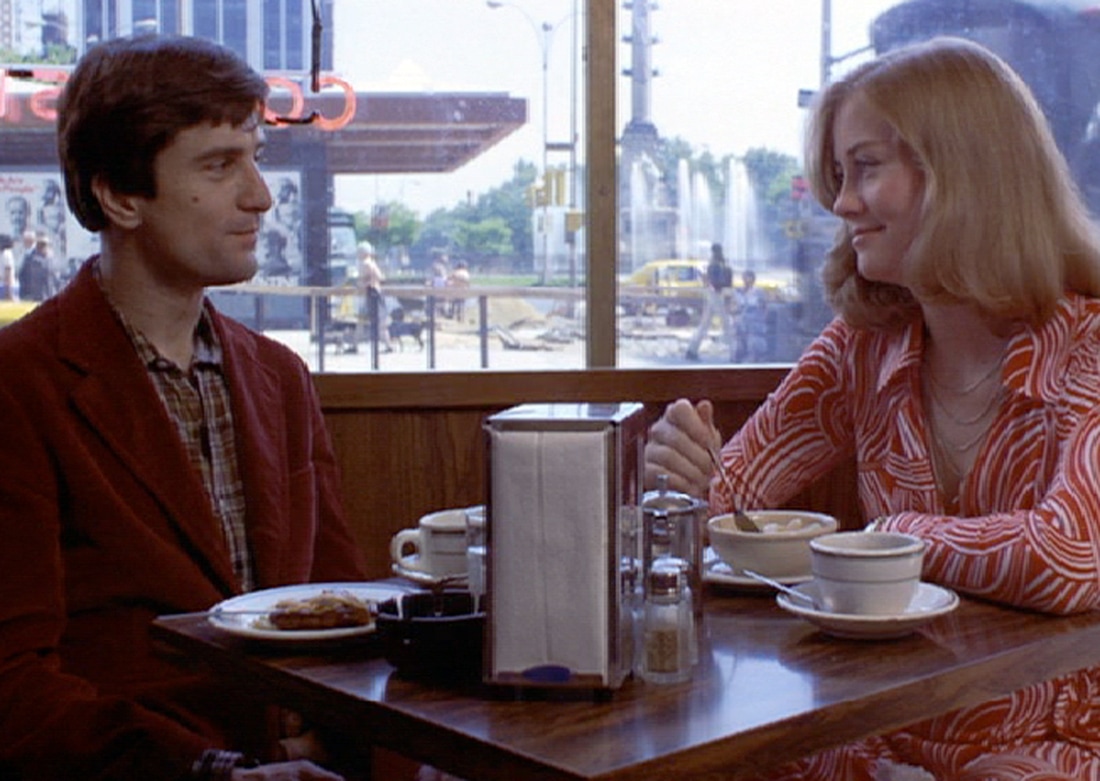
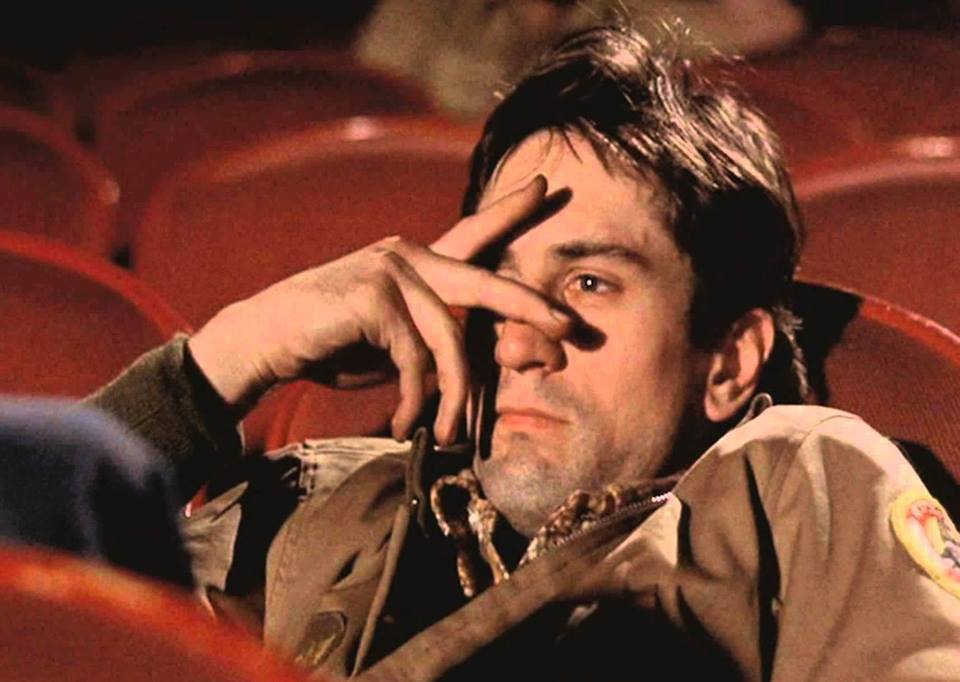
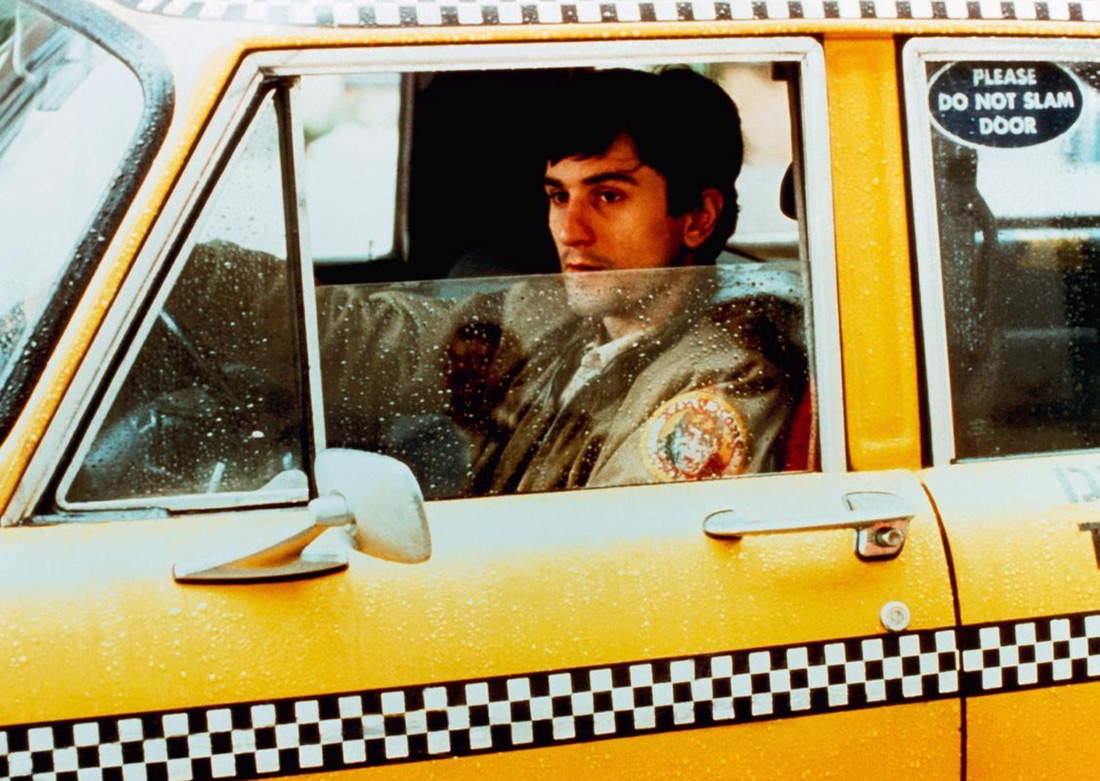
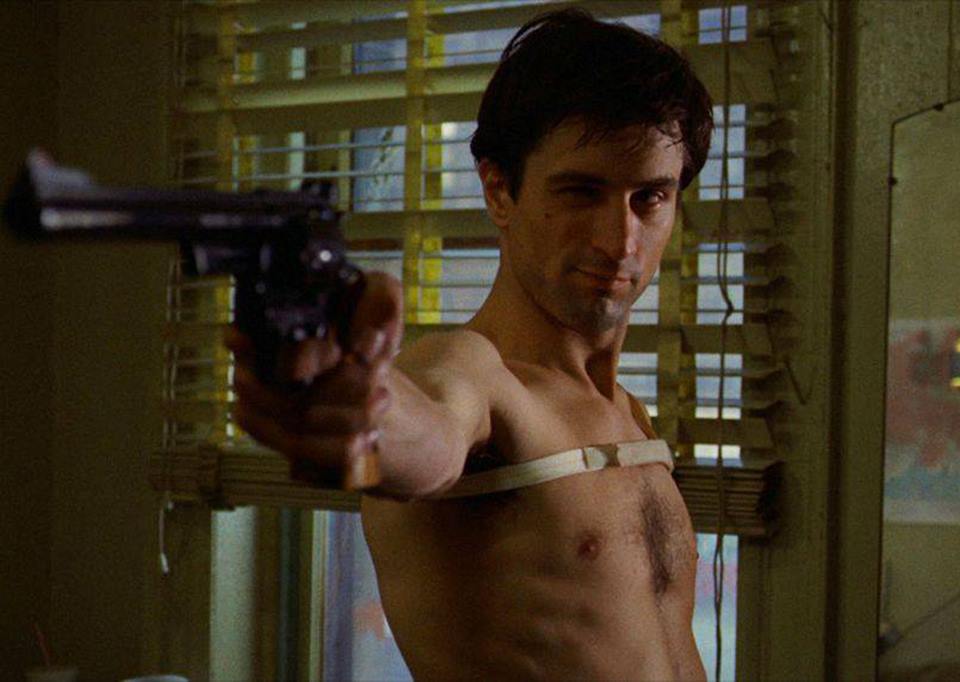
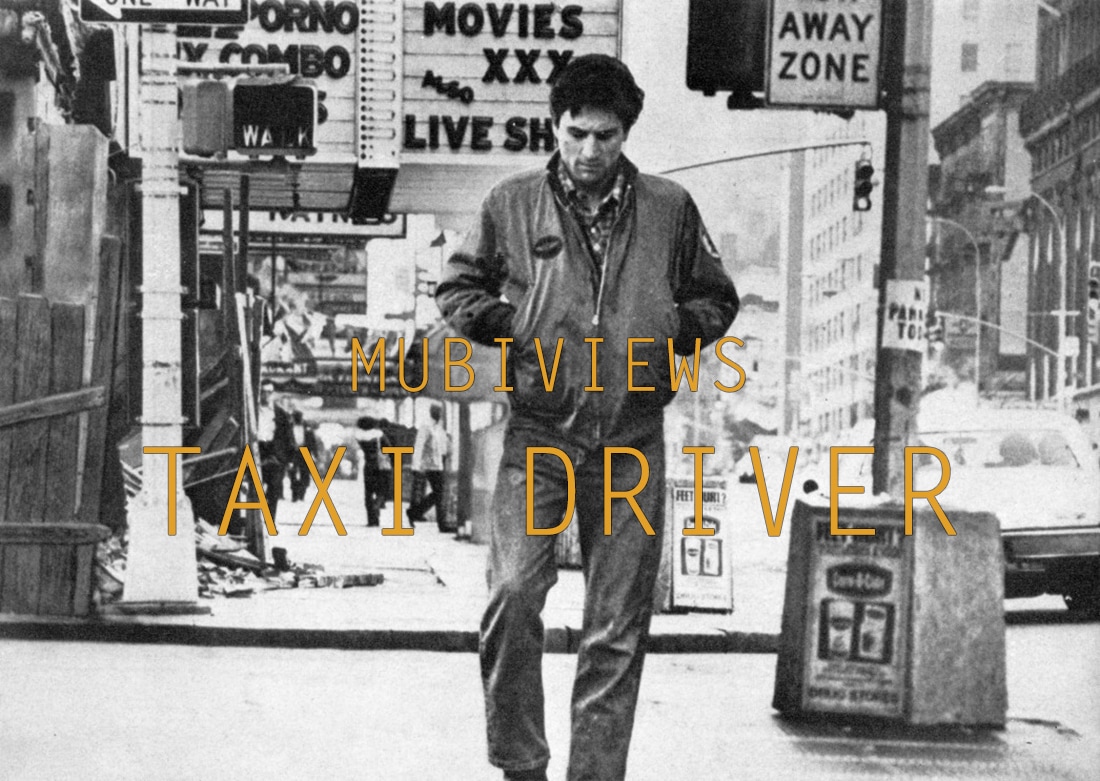
 RSS Feed
RSS Feed
